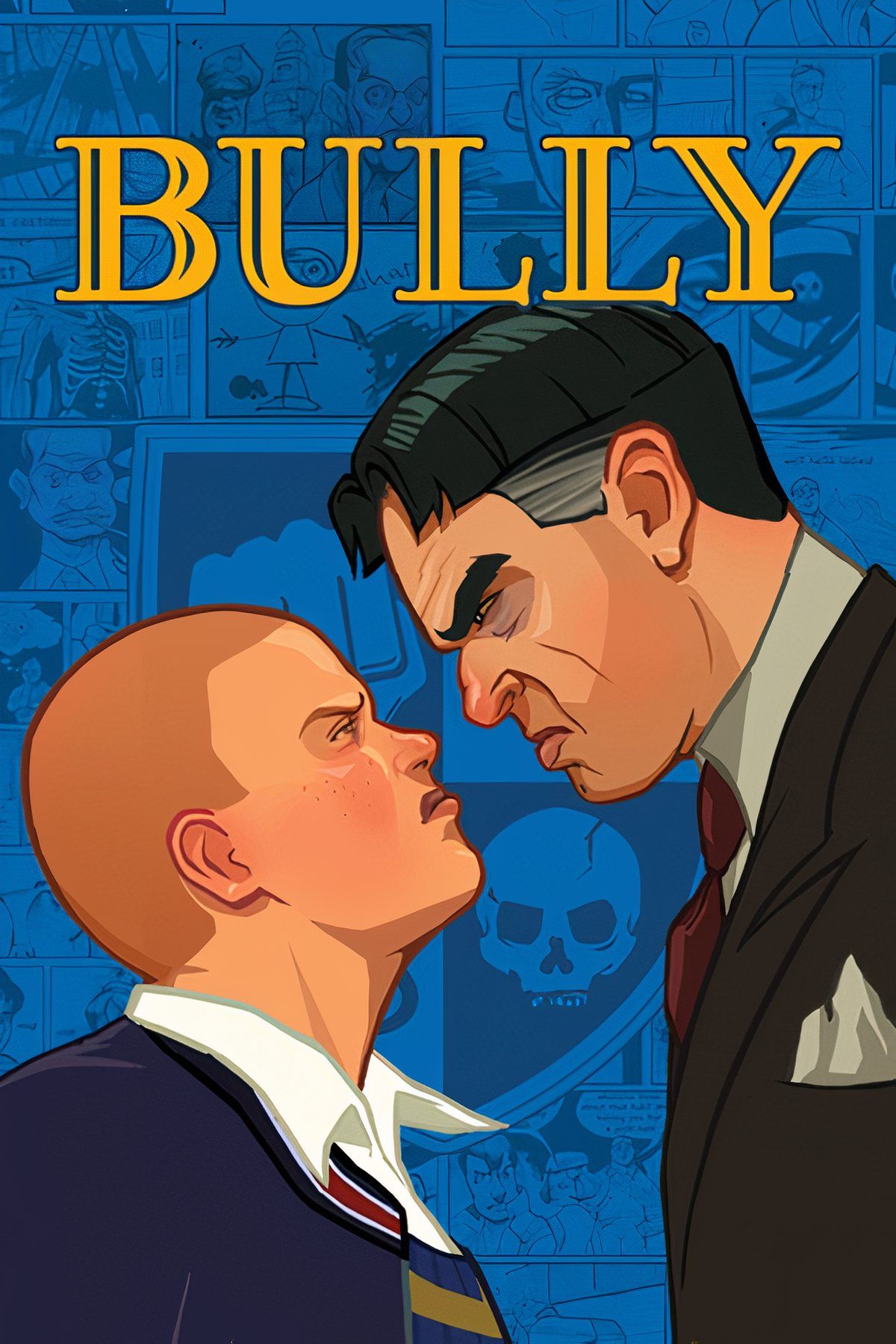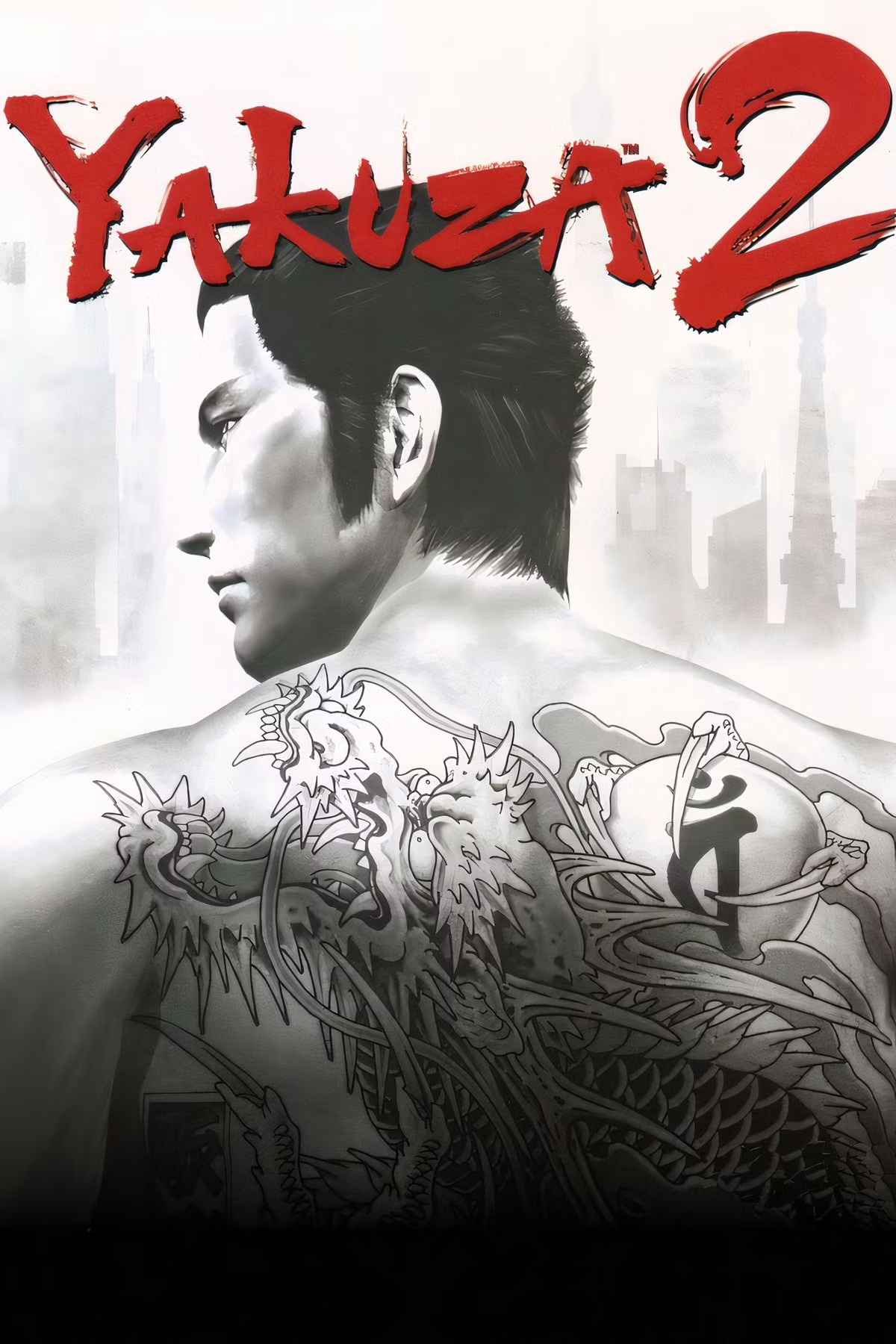
Whether it’s part of their narrative, an oversight over their mechanics, or part of the pre-release hype, some games have been economical with the truth. Players today might remember Watch Dogs not looking as pretty as its E3 trailer, or No Man’s Sky not being as broad as promised on launch day.
But sometimes, a little sleight of hand can make a game more interesting, as the player can either feel like they’ve found a workaround for the game mechanics or that they were pulled into a narrative twist, whether they believe it’s wool-pulling or not. From the little white lies to big whoppers, these are some of the best open-world games that lie to players.
Warning! Spoilers Ahead!
Despite ultimately being kind of tame, Bully attracted all sorts of controversy. Being made by Rockstar, people thought it would be GTA with kids, making light of the actual bullying crisis going on in schools. It got to the point where it was renamed Canis Canem Edit (Dog Eat Dog) in some territories on release. Then it got its original name back when people realized it wasn’t as bad as they feared.
As Jimmy Hopkins, players could bully others, but they’d pay for it if one of Bulworth Academy’s prefects caught them. But they can’t be everywhere, right? The game even tells the player that, during the Halloween mission, they’re all busy at a party. But anyone hoping to be a bully themselves would still get caught by one of the many prefects who didn’t get invited. Whoops.
If players had had enough of school, they could head to the fantasy world of Dragon Age: Inquisition and try to seal away the different monsters spilling into the place from a hole in the veil. It was caused by a gigantic explosion that only the player’s character survives. One would think it’s more secure, but the game’s magical barriers aren’t as secure as they seem.
The game will tell players they can only be destroyed by a magic spell of their opposite element. But not only can they be zonked by any spell of any element, they can be shut down by a non-magical Explosive Shot. Still, it could be worse. Dalish of Bull’s Chargers must openly lie about being an archer because admitting she was a mage would get her sentenced to death as an apostate.
Trying to reclaim a sensitive package is bad enough in the real world, let alone in the post-apocalyptic wastes of Las Vegas in Fallout: New Vegas. The courier’s quest to get the Platinum Chip back while caught in a conflict between the New California Republic, Caesar’s Legion, and Mr. House is fraught with threats, hazards, and less-than-reliable characters.
Unlike some games, FNV can let the player call out the lying NPCs on what they’re selling. Like Ricky in the Honest Hearts DLC. He’ll claim to be from Vault 22 (abandoned and overrun), to have killed a Brotherhood of Steel Paladin with a lucky gunshot through their visor (despite it being bulletproof), and to have fought “deathjaws” – mouth-based versions of the deathclaws. With the right stats, the player’s courier can put him to the test and, once he fails, get him to carry items for them, or make him go away.
It’d be easy to point out Cyberpunk 2077’s launch day woes as an example of this, as it ended up being more of a mess than living up to the hype. But now that it’s been sorted out (for the most part), the game holds up quite well. What still gets it a place on the list is its use of the Unreliable Narrator trope via its standout, celebrity-cast character Johnny Silverhand.
Players who went into the game blind might warily take him at his word, even if he’s a traumatized narcissist with messed-up memories. But those who knew the game from its TTRPG roots would know he played up his role a bit too much, as he isn’t the one-man army he portrays himself as. Alt Cunningham points this out in-game, but he isn’t exactly an objective source of info himself. So, players have to rely on their own judgment to weed out the facts from fiction.

September 9, 2008
Mature 17+ // Blood, Sexual Themes, Strong Language, Use of Alcohol, Violence
Given that the series is all about conspiracies involving organized crime, it’s no surprise that the Yakuza/Like a Dragon series has taken liberties with the truth. Characters of all shades have either outright lied or talked around their big secrets, though whether they fooled the player is another matter. Majima’s “death” in Yakuza 5 and Yakuza 4’s “rubber bullets” weren’t exactly convincing. But Yakuza 2 (and its Kiwami remake) managed to pull it off.
In it, players see Terada, the Tojo Clan’s 5th chairman, getting shot to death on screen. They expect his old Omi clanmates or their Jingweon allies to make moves in his absence. But they likely weren’t expecting Terada to come back, alive and well, and as one of the ringleaders behind the Omi Alliance’s plot. It’s a neat little twist that leads into its ending as, after revealing he lied the whole time, Terada asks Kiryu, and thus the player, to trust them one last time before the credits roll.
Marvel’s Spider-Man also puts the player in a difficult spot, as Spidey discovers his most trusted mentors were hiding a dark side. Martin Li’s just happened to be more literal in the form of Mister Negative, but at least both of his sides were honest about their intentions. Dr. Octavius is a different story, as he starts off humble and amiable, and gradually gets more absorbed by his research and bitterness until he becomes Doctor Octopus.
Granted, players who knew their Spider-lore were expecting him to do a heel turn at some point, and freeing the other Spidey villains cements that. But he was plotting it in plain sight from the middle of the game. He covers it up with talk of defense contracts and security upgrades, and it all seems plausible, even if his contacts are a little shady, like AIM. But once the twist hits, these lies all seem so obvious, and like Spidey, players feel like fools for missing it.
The Arkham games also have plenty of twists and falsehoods spread here and there. One could point to Batman: Arkham Origins, where, after dealing with the Joker for two games, it seemed to switch things up by having Black Mask be the main villain. Only to reveal that the man behind the mask was the Joker all along. For some, it was for the best, but others were getting pretty tired of the Clown Prince of Crime taking center stage from the other rogues.
But Batman: Arkham Knight had a few more falsehoods to try and keep its twists going. For one, after literally killing the Joker off, it has more of him than ever as Batman’s worst imaginary friend. Then Oracle seemingly dies right in front of the Bat, until that also turns out to be a delusion. Then there was the Arkham Knight himself. Bat-fans figured out who he was as soon as he opened his mouth, but Rocksteady had to maintain the pretense that their new villain wasn’t Jason Todd until their worst-kept secret could be officially outed.

September 1, 2015
The Metal Gear series is infamous for its misdirection, as it’s been directly lying to players for fun since Big Boss’s less-than-helpful advice in the original MSX game (“Turn off the MSX!”). Its sole open-world entry, MGS5: The Phantom Pain, is no different, as it’s a mix of unreliable narrators, delusions, trickery, and outright lies. Particularly from Huey, Peace Walker‘s helpful scientist, who now covers his back constantly to avoid taking the heat for a brace of crimes.
Paz somehow survived exploding in Ground Zeroes, until it turns out she didn’t. She’s just a delusion borne from guilt. Big Boss isn’t even Big Boss either, but he has to be gaslit into thinking he’s Big Boss to help the real Big Boss, who’s setting up MG1 elsewhere. It was enough to make some players think that its messy development and Hideo Kojima’s unceremonious ousting from Konami was part of a wider ruse. It wasn’t, but it took some people a while for that penny to drop.